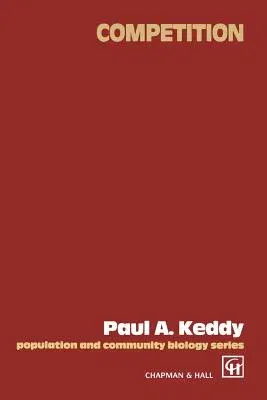P a Keddy
(Author)CompetitionPaperback, 31 May 1989

Qty
1
Turbo
Ships in 2 - 3 days
In Stock
Free Delivery
Cash on Delivery
15 Days
Free Returns
Secure Checkout
Part of Series
Population and Community Biology
Part of Series
Population and Community Biology (Chapman & Hall)
Part of Series
Population and Community Biology Series
Print Length
224 pages
Language
English
Publisher
Springer
Date Published
31 May 1989
ISBN-10
041231360X
ISBN-13
9780412313608
Description
Product Details
Author:
Book Format:
Paperback
Country of Origin:
US
Date Published:
31 May 1989
Dimensions:
23.39 x
15.6 x
1.17 cm
Genre:
Ecology
ISBN-10:
041231360X
ISBN-13:
9780412313608
Language:
English
Location:
Dordrecht
Pages:
224
Publisher:
Series:
Weight:
308.44 gm

